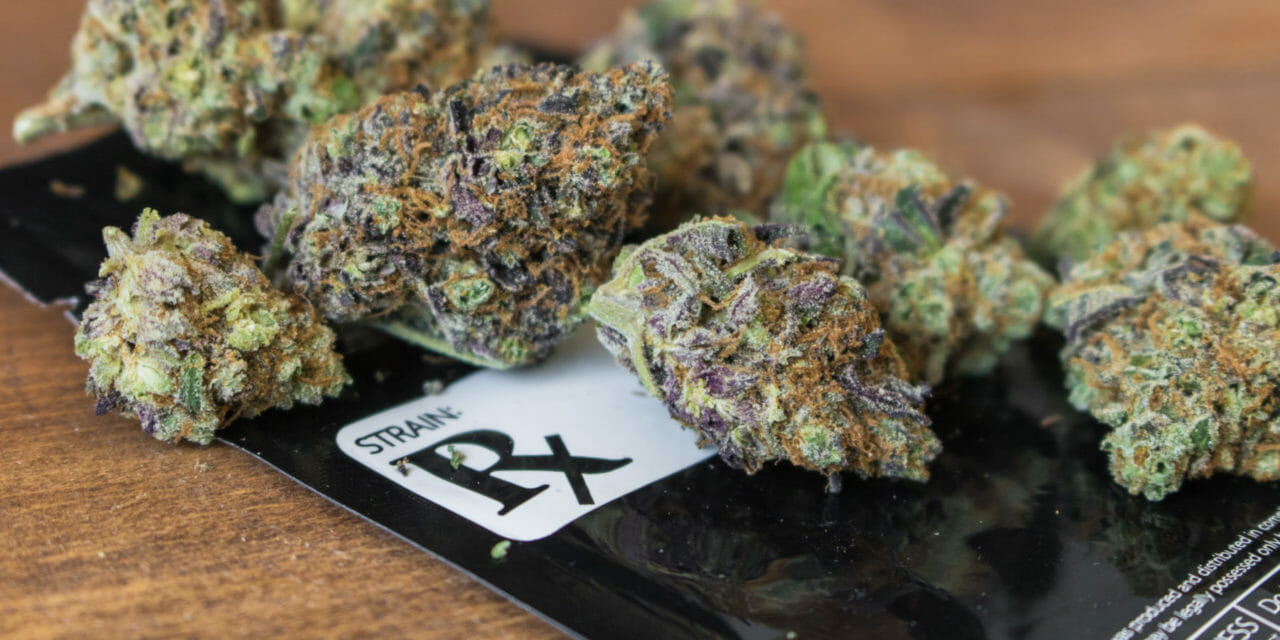Recreational marijuana is now legal in California but the demand for medical marijuana cards remains as popular as ever.
Greensight Medical on East Ramon Road in Palm Springs is a revolving door of activity as patients in their 20s to septuagenarians seek solutions to their aches and pains – foregoing the ease of purchasing recreational marijuana off the shelf.
In each instance, they are seeking a medical recommendation to purchase medical marijuana – and with good reason. It is more potent than recreational cannabis and you can avoid paying 7.25 to 10 percent in state and local sales taxes.
Being a medical patient in California, which has the most medical marijuana patients in the nation, also allows people to purchase, possess and transport more than the recreational limit, which is an ounce of cannabis and eight grams of concentrate.
And, there’s the obvious. It just seems to work.
There is also a plethora of places – and ways – to get it. There are at least two dozen licensed medical cannabis dispensaries in the Coachella Valley and about four dozen delivery services that will bring it right to your door.
It comes in different dosages, just like prescription medications so the biggest challenge is finding a dosage that works for you.

Dr. Delmar Aitken
Dr. Delmar Aitken, a retired general and cancer surgeon who now practices at Greensight Medical, told Uken Report that, “Any person with a medical illness may potentially benefit from cannabis usage.”
He ticked off a list of ailments that seemed to include every ailment known to mankind. Here is a sampling: HIV/AIDS, cancer, hepatitis, chronic pain or inflammatory conditions including, but not limited to, migraines, joint pains, arthritis, orthopedic injuries, glaucoma, anxiety, insomnia, and more.
The three most common reasons people turn to medical marijuana are pain, anxiety and insomnia, Aitken said.
The two biggest risks, he said are either getting too much, which could make you high and/or paranoid, or not getting enough which turns people off, leading them to believe it was the worst decision — and waste of money — they ever made.
“As a physician, I spend quite a bit of time explaining to them you have to get the right dose,” Aitken said. “Some people are real lightweights.”
The various strains of medical marijuana can come in many different forms, including:
- Cannabis butter
- Cannabis oil
- Cannabis topical ointment
- Cannabis spray
- Cannabis tincture
- Marijuana flowers, also called buds
- Marijuana edibles such as cookies, candy, brownies and more
The strain and form of medical marijuana your doctor prescribes depends on your medical needs and personal preference.
Contrary to what people think and say, you can’t seemingly walk in off the street and automatically receive a medical recommendation.
“Generally speaking, it’s always helpful if you have your medication bottles to document that you have an issue,” Aitken said. “It’s helpful if you have, say, scars to show that you had surgery. What we try to do here is to make sure that everybody that we clear for medical marijuana has a condition that is likely to be helped by it.”
Second, Aitken said he tries to determine whether they have really tried other traditional medical treatments before turning to medical cannabis.
“As an example, if somebody comes in here and they say that they just can’t sleep, I’ll ask if they have ever tried sleeping pills,” Aitken said. “If they haven’t tried it, then I ask whether it’s really worthwhile for them you to go this route without trying something that’s more conventional?”
He has on occasion withheld his recommendation. In one instance it was a newly diagnosed cancer patient. He preferred the client talk with either their family doctor or medical cancer doctor regarding treatment options.
“Cancer’s a very frightening thing, and people have heard that marijuana can help with cancer,” Aitken said.
He has also refused recommendations for some young adults, those 18 to 21, he said.
“Young people, they’re into sports, skateboarding. They can be born with certain conditions where they have pain and neurologic problems,” Aitken said. “They shouldn’t necessarily be denied marijuana, but they do have to have a legitimate reason for it.”
Medical marijuana is a wonderful option, Aitken said, acknowledging that he uses it to help him sleep.
“I have people that come in every week, and they say it in almost the same way with just a few different words,” Aitken said. “Essentially it’s, ‘Thank God for marijuana. I no longer have to medicate with narcotics, anti-inflammatories, sleeping pills, anxiety medicines, or antidepressants.’ I think one of the things I’m most thrilled about is they say, ‘I no longer drink alcohol like I used to.’ So, whatever the reason was to medicate with alcohol, that’s resolved with marijuana.”




![Enrolling Now, Rewarding Careers Ahead [Sponsored]](https://ukenreport.com/wp-content/uploads/2024/04/COD_heroes_1-1385-2-440x264.jpg)


